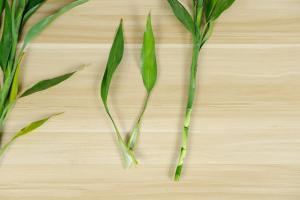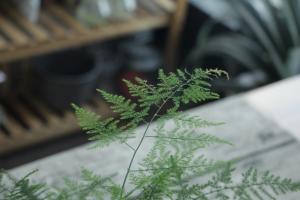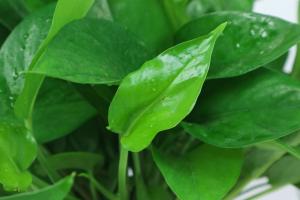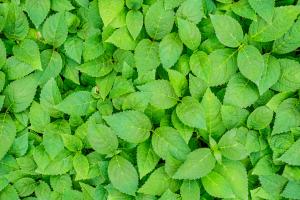Introduction
Soapy water is a common household cleaner and is often used to wash dishes and clothes. However, some gardeners also use it as a homemade pesticide to control pests on their vegetable plants. But the question remains, does soapy water harm vegetable plants? In this article, we will explore the effects of soapy water on vegetable plants and whether it is a safe and effective pest control method.
What is Soapy Water?
Soapy water is a mixture of water and soap or detergent. The soap or detergent works as a surfactant, which means it lowers the surface tension of the water and helps it spread more easily. This property makes soapy water an effective cleaning agent as it can penetrate and dissolve dirt and oil. However, this same property also makes it potentially harmful to plants.
Effects of Soapy Water on Vegetable Plants
Soapy water can harm vegetable plants depending on the concentration used and the frequency of application. While it may be effective at controlling pests such as aphids, mealybugs, and spider mites, it can also damage the plant's leaves, stems, and flowers.
The soap or detergent in the soapy water can strip the plant's natural waxes and oils, which act as a protective barrier against pests, diseases, and environmental stressors. This can leave the plant vulnerable to further infestations and damage.
In addition, the surfactant property of soap can also cause the soapy water to stick to the plant surface and interfere with its ability to absorb water and nutrients. This can lead to drought stress, nutrient deficiencies, and stunted growth.
Safe and Effective Pesticide Alternatives
While using soapy water as a pesticide may seem like a cheap and convenient option, it can be detrimental to the health of your vegetable plants. Instead, there are several safe and effective alternatives that you can use to control pests without harming your plants.
1. Neem oil - This natural oil is derived from the neem tree and is a powerful pesticide that can protect your plants from a wide range of pests. It works by disrupting the pest's hormonal system, preventing it from feeding and breeding.
2. Beneficial insects - Many insects such as ladybugs, lacewings, and parasitic wasps are natural predators of pests and can help to control their populations. You can attract these beneficial insects to your garden by planting flowers, providing shelter, and avoiding the use of harmful pesticides.
3. Homemade sprays - You can make your own homemade pesticide sprays using ingredients such as garlic, hot peppers, and vinegar. These natural ingredients are safe for your plants and can repel pests.
4. Physical barriers - Physical barriers such as row covers, netting, and fencing can prevent pests from accessing your plants and causing damage.
Conclusion
In conclusion, soapy water can harm vegetable plants and should not be used as a pesticide. While it may be effective at controlling pests, it can also damage the plant's leaves, stems, and flowers, and interfere with its ability to absorb water and nutrients. Instead, opt for safe and effective alternatives such as neem oil, beneficial insects, homemade sprays, and physical barriers to protect your vegetable plants from pests. By using these methods, you can ensure a healthy and thriving garden.

 how many times do yo...
how many times do yo... how many planted tre...
how many planted tre... how many pine trees ...
how many pine trees ... how many pecan trees...
how many pecan trees... how many plants comp...
how many plants comp... how many plants can ...
how many plants can ... how many plants and ...
how many plants and ... how many pepper plan...
how many pepper plan...
































